Boosting the Nation’s Cognitive Fitness
UTP’s Merdeka Award Grant winner seeks to offer a new lifeline for mental health patients
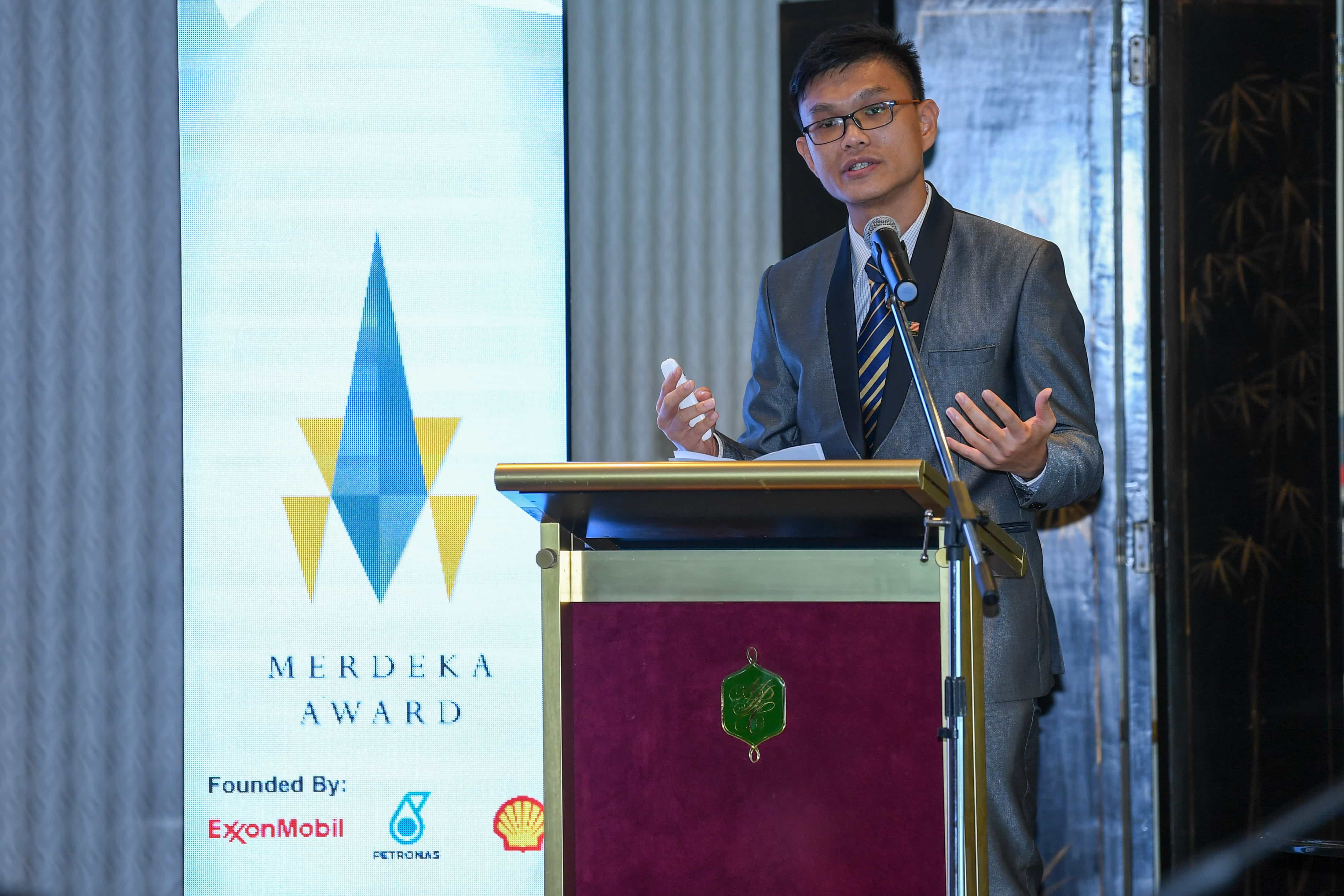 It is hard to overstate the dire consequences of mental illnesses. While most of us dream of a fulfilling life, the relentless challenges of work-life-balance, sometimes, for some, can be too much to bear. Oftentimes, interventions come all too late—common medical industry practices are somewhat deprived of early measures to act a little sooner. Unfortunately, drugs are usually prescribed to keep matters at bay when situations come to a head.
It is hard to overstate the dire consequences of mental illnesses. While most of us dream of a fulfilling life, the relentless challenges of work-life-balance, sometimes, for some, can be too much to bear. Oftentimes, interventions come all too late—common medical industry practices are somewhat deprived of early measures to act a little sooner. Unfortunately, drugs are usually prescribed to keep matters at bay when situations come to a head.
Unfortunately, this has become a moral crime that's robbing nations across the world millions of precious resources—people. In large part, mental illnesses aren't just sedating victims, it's crippling nations.
However, UTP's PhD in Electrical and Electronic Engineering researcher, Feng Ying Xing, 29, says, "Engineers and scientists should not just think about undertaking research in their fields, but they should also think about solving real society problems."
Currently, he says, the world has a bad track record of respecting work-life balance. The 2019 Merdeka Award Grant winner, though, through his research, aims to seek biomarkers that could help identify the nature of stress from Functional Near-Infrared Spectroscopy (fNIRS) brain signals.
In turn, the signals may lead to the formulation of an early preventive measure for costly mental illnesses, and subsequently, improve cognitive performance at work.
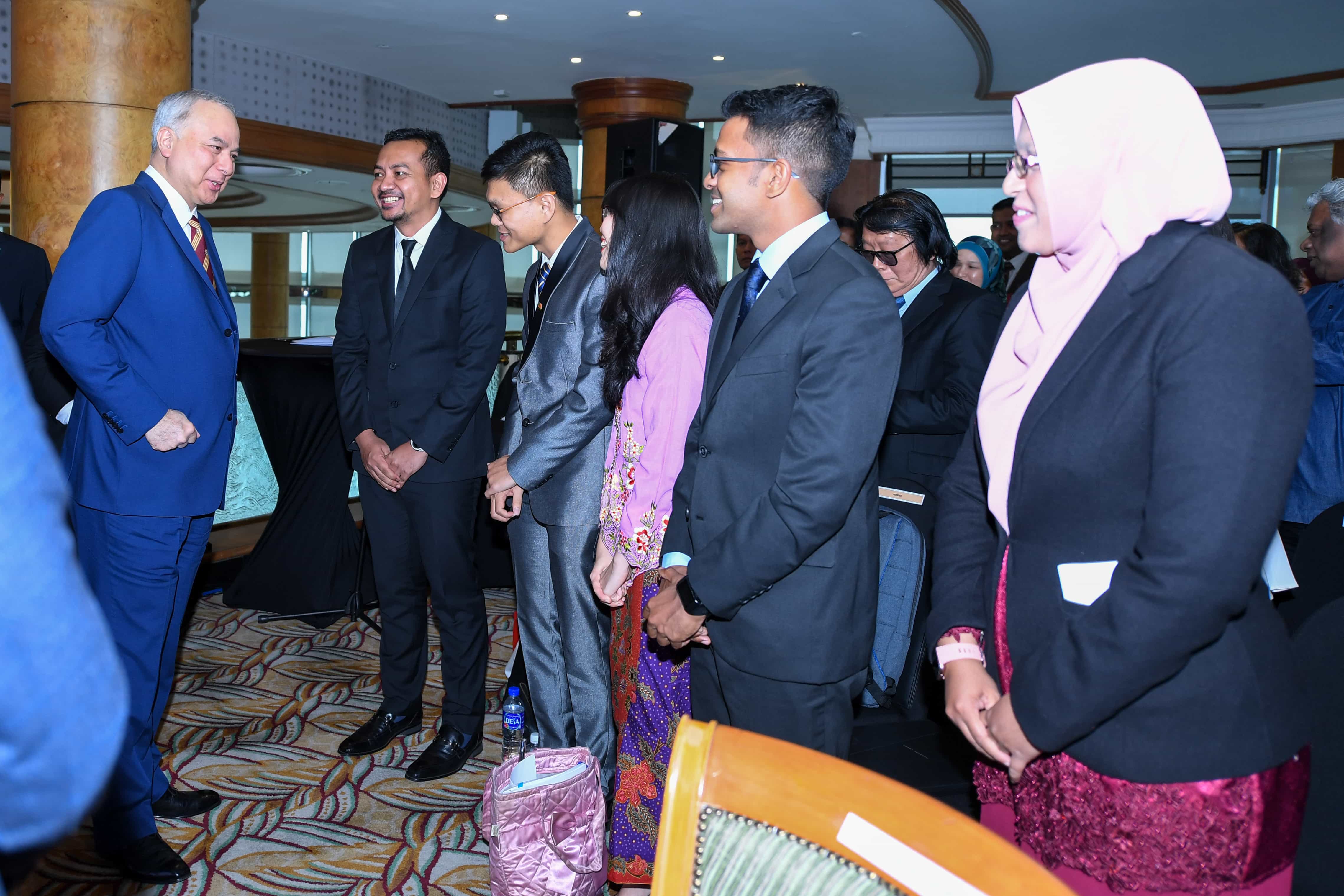 Feng says, "In the field of psychology, what industry practitioners do is often based on two factors. One is subjective assessment and the other is the prescription of intervention. Right now, there's no objective instrument to assess patients' stress handling capacity and mental states."
Feng says, "In the field of psychology, what industry practitioners do is often based on two factors. One is subjective assessment and the other is the prescription of intervention. Right now, there's no objective instrument to assess patients' stress handling capacity and mental states."
Furthermore, he explains, "There are two main kinds of stresses: one is workload-related stress and the other is situational stress. There is no one-size-fits-all solution. Each one requires a different kind of intervention to be effective at solving mental health problems."
Then comes the heart breaking part says Feng. When stress spirals out of control, mental health patients often have to be prescribed chemical intervention in the form of drugs.
"It is a common practice in the medical field for psychiatrists. When a person is depressed, they are deprived of happy hormones. This is where drugs come in. It might not be the best. But in certain cases, it is necessary," explains Feng.
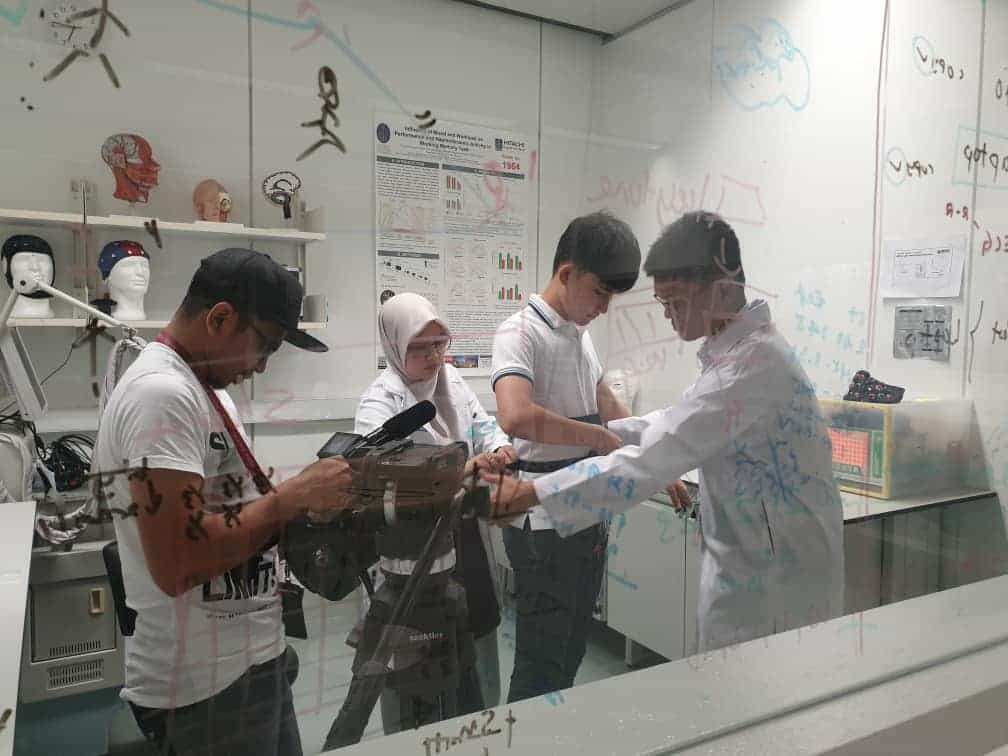 At the moment, Feng is designing an experimental protocol to simulate different levels of workload stress and affective states. By utilising fNIRS, an emerging neuroimaging technology, Feng is currently measuring a wide spectrum of brain responses gathered from numerous participating volunteers.
At the moment, Feng is designing an experimental protocol to simulate different levels of workload stress and affective states. By utilising fNIRS, an emerging neuroimaging technology, Feng is currently measuring a wide spectrum of brain responses gathered from numerous participating volunteers.
Based on the protocol, Feng will look to develop fNIRS signals and an algorithm analysis to uncover the natures of workload-related and situational stresses. Ultimately, this could help working individuals take early preventive measures to reduce their chances of suffering from mental illnesses.
Also, Feng's work is laying the groundwork to help people with mental health issues manage emotional stress better. There is a notable absence of objective assessment metrics in the field according to Feng. At the heart of it, Feng's work is pointing towards engineering measurable metrics to be used for stress and mental state assessments.
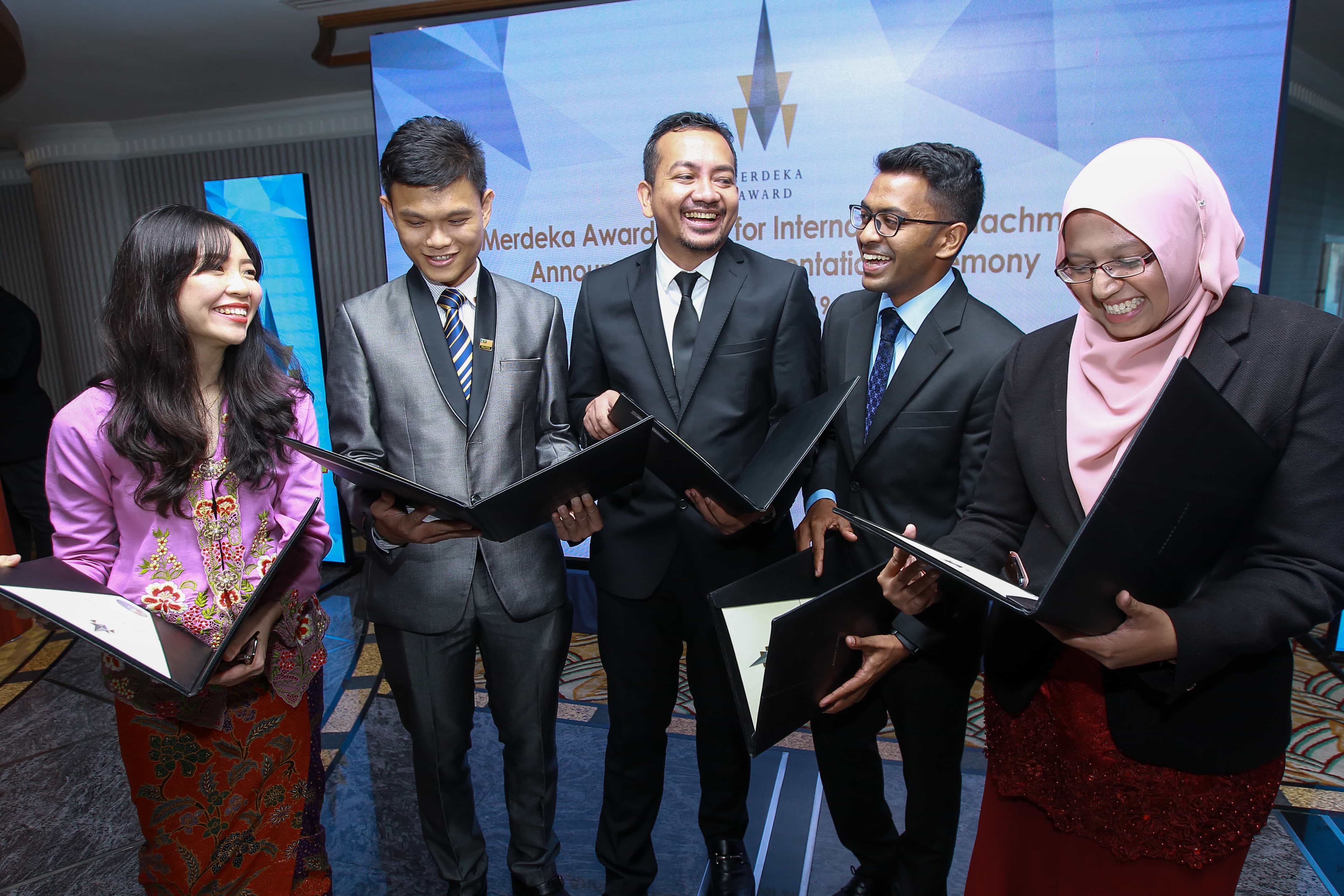 "We call the findings biomarkers. It's a glamour name for indicators. By measuring fNIRS brain signals and correlating them with heart rate, breathing patters, and skin conductance (to measure the intensity of sweating when one is under stress) for example, we can uncover stress symptoms and the degrees of their severities more objectively," says Feng.
"We call the findings biomarkers. It's a glamour name for indicators. By measuring fNIRS brain signals and correlating them with heart rate, breathing patters, and skin conductance (to measure the intensity of sweating when one is under stress) for example, we can uncover stress symptoms and the degrees of their severities more objectively," says Feng.
Ultimately, Feng's research seeks to help in the prevention of mental illnesses through two key applications. One is to improve the performance at work and secondly, identifying the nature of stress in order to prescribe a tailored intervention.
Putting forth an example of why the research is significant, he says, "Let's say a person works in the aviation industry. When one is stressed or influenced by emotions, this will not just affect his well-being, but it will also affect his performance at work. As the person holds line responsibility for the safety of an aviation operation, this could cost us precious lives."
By developing the metrics and using them with wearable sensors, Feng says that this could help improve performance and safety at work. On the other hand, the metrics could also help practitioners analyse and improve their patients' individual capacity and performance under the influence of stress.
Speaking of his Merdeka Award Grant, Feng says, "This award means a lot to me, because it carries the 'Merdeka' spirit and it is a prestigious recognition from my own country. I never dreamed that something like this would happen to me. I was inspired by a senior, Aishah, who won the award last year and she is now at the Massachusetts Institute of Technology (MIT) for her research attachment programme. That's how it all started."
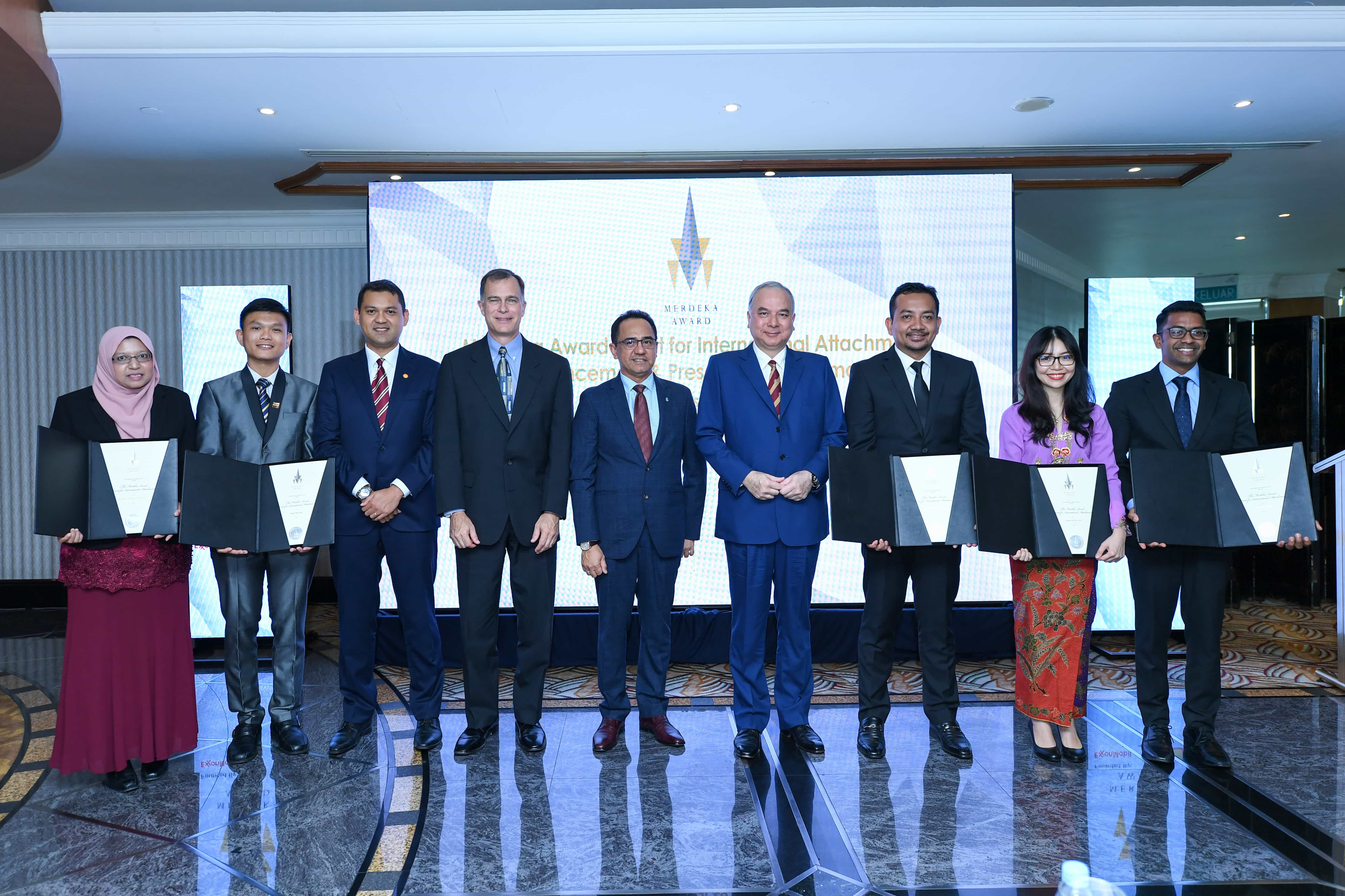
Going forward, Feng he wants to make a meaningful contribution to the society. He says, "I'm very thankful to Yayasan Universiti Teknologi PETRONAS (YUTP) for this. At first they gave me a scholarship to allow me to quit my job to undertake the research. And I'm very happy to join UTP because the university has a well-established support system for its post graduate programmes."
In addition, Feng says he's privileged to have access to UTP's Centre for Intelligent Signal and Imaging Research (HICOE CISIR) world class facilities. Feng shares, "In Malaysia, only CISIR has such medical devices. And I'm fortunate to have been given the opportunity to use the university's state of the art fNIRS optical topography equipment to undertake my research.
He also expresses his deep appreciation to his former and current mentors: Professor Ir. Dr Ahmad Fadzil Hani, Dr Eric Ho Tatt Wei, Assoc Prof Dr Tang Tong Boon and Dr. Masashi Kiguchi. Now, Feng is undergoing a short-term research attachment programme at his collaborator's lab, the Centre for Exploratory Research, Hitachi Ltd., Japan to perform an analysis on brain signals.
Indeed, Feng is another prime example of UTP's profound career connected learning and industry collaboration. From the work we do, we foster long-term relationships with our global social-impact partners to prepare our students, people and researchers as global citizens.
As a leading university in engineering, science and technology, our graduates are driven to exceed their professional objectives and contribute towards overcoming capability deficit across all sectors and industries.
Published on 6 February 2020

